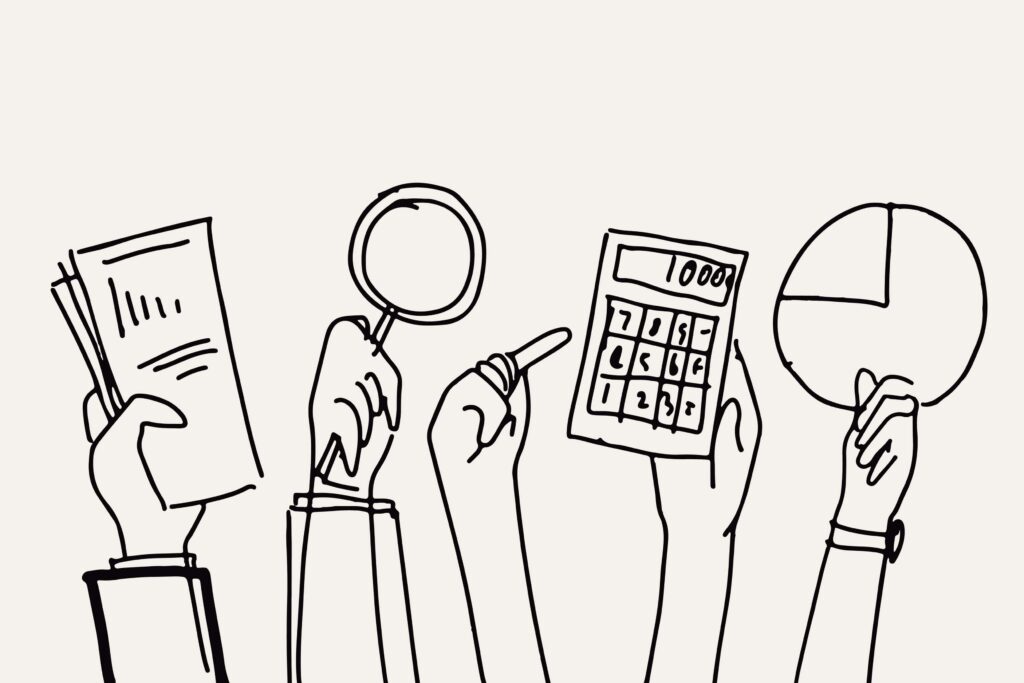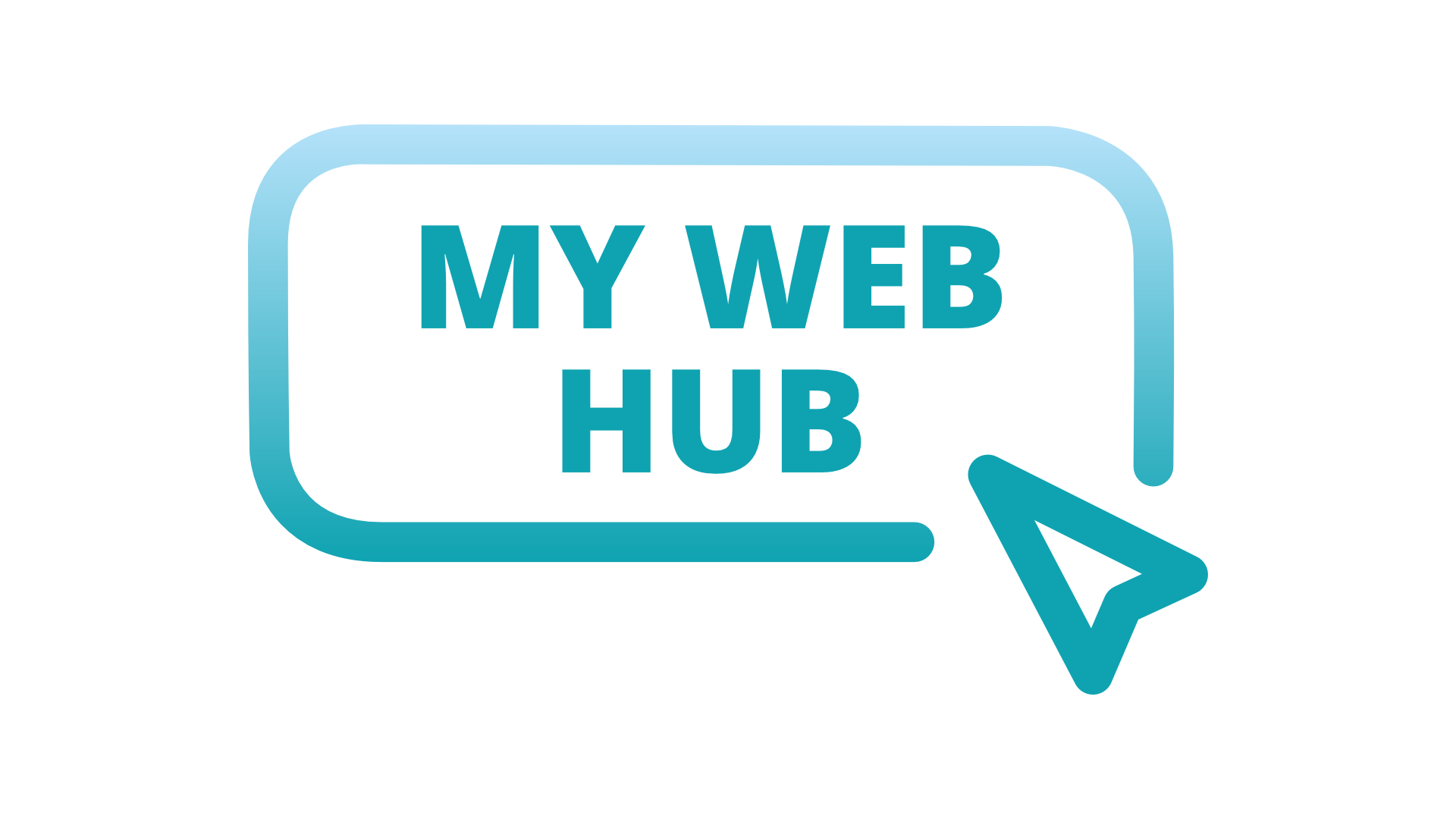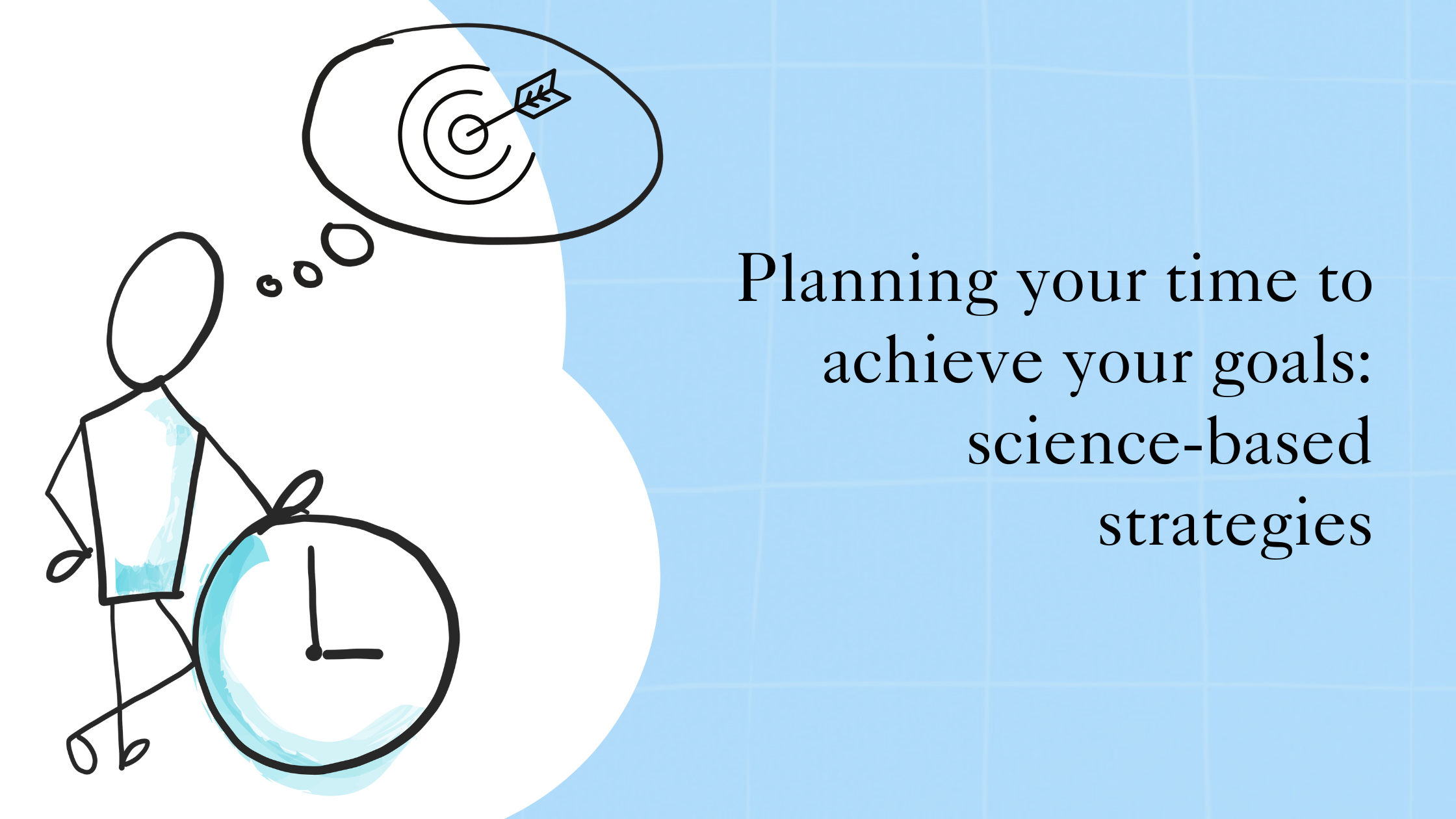Table of contents
The ability to manage time effectively is an essential skill for anyone seeking to achieve their professional and personal goals. However, this skill can be difficult to master without implementing strategies backed by science. With the help of this scientific research, we take a look at the key steps to effective time management. Ready to go? Let's go !
Become aware of your current habits
Mindfulness is an increasingly popular concept in the professional world, and rightly so. Mindfulness is essential for effective time management, and therefore for increased productivity.
First of all, it's important to know that our habits are behaviors we've acquired over time. Some are good and help us to be effective, while others can be counter-productive and prevent us from achieving our goals. By identifying these habits, we can start to work on the ones that aren't effective and replace them with better ones.
To do this, we need to become aware of our current habits. By recording our activities and energy levels throughout the day in a diary, we can identify the times when we are most productive, as well as those when we tend to waste time or get distracted.
A 2016 study showed that keeping a logbook can help improve time management and productivity. By taking the time to analyze our habits and behaviors, we can identify the areas in which we need to work to become more efficient.
Next, it's important to take steps to change unproductive habits. This can involve using time management tools, setting up routines and rituals to better manage our time, and setting limits to avoid distractions and stay focused on our tasks.
Ultimately, being fully aware of our current habits is essential to improving our productivity. By identifying the habits that prevent us from achieving our goals and working to change them, we can create more productive habits and improve our time management to be more effective in our work.
Set clear, achievable goals
To achieve concrete results in your life, it's important to set clear, achievable goals. Clear goals help you to focus on priority tasks and avoid being distracted by unproductive activities. Setting goals can also help maintain motivation and focus on important tasks.
Clarity and specificity of objectives are also essential to effective planning. It's important to take the time to reflect on your priorities and values to determine the most relevant objectives. These objectives should be aligned with the key tasks and activities that have the greatest impact on the desired results.
Goals must also be achievable and attainable, otherwise they can become a source of stress and frustration. It's best to break goals down into smaller, more achievable steps, gradually working towards the final objective. This keeps motivation and morale high.
To track your progress and make sure you stay on track, it's a good idea to write down your goals in a diary or calendar. This allows you to visualize your progress and take steps to adjust your efforts if necessary. Managing it can help keep you motivated and on track.
In short, it's essential to set clear, achievable goals to improve productivity. This allows you to focus on important tasks, maintain motivation and monitor progress. By taking the time to reflect on your priorities and values, you can set meaningful and relevant goals to achieve your professional objectives.
Apprenez à dire « non »
La capacité à dire « non » est souvent considérée comme l’une des compétences les plus importantes pour une gestion efficace du temps et une productivité accrue. Il s’agit de savoir identifier les tâches qui ne sont pas importantes ou qui ne correspondent pas à vos objectifs, afin de les écarter ou de les déléguer à quelqu’un d’autre.
Dire « oui » à tout peut souvent conduire à un sentiment de surmenage et de stress. Cela peut également entraîner une baisse de la qualité du travail effectué, car il peut être difficile de se concentrer sur les tâches les plus importantes lorsque l’on est submergé par des tâches moins importantes. C’est pourquoi il est essentiel d’apprendre à dire « non » pour maintenir un bon équilibre entre vie professionnelle et vie privée et éviter l’épuisement professionnel.
Pour apprendre à dire « non », il est important de commencer par identifier vos priorités et vos objectifs. Cela vous aidera à déterminer quelles tâches sont importantes et lesquelles ne le sont pas. Ensuite, vous pouvez utiliser différentes stratégies pour refuser les demandes non essentielles. Par exemple, vous pouvez expliquer que vous êtes déjà surchargé de travail et que vous ne pouvez pas accepter de nouvelles tâches. Vous pouvez également proposer une alternative en suggérant une autre personne qui pourrait être mieux à même d’effectuer la tâche en question.
It's also important to be able to delegate tasks that aren't essential or that don't fit in with your objectives. If you are able to delegate certain tasks to others, this can free up your time and energy to concentrate on more important tasks. Delegation can also help to develop your colleagues' skills and foster collaboration.
Il est important aussi de se rappeler que dire « non » ne signifie pas être égoïste ou insensible aux besoins des autres. Il s’agit simplement de donner la priorité à ses propres besoins et objectifs afin d’être plus efficace et productif. En apprenant à dire « non » de manière stratégique, vous pouvez améliorer votre qualité de vie au travail et atteindre plus facilement vos objectifs professionnels.
Take regular breaks
Regular breaks are essential to maintain long-term productivity and avoid fatigue, stress and burnout. The human brain is not designed to remain focused for long periods without interruption. Taking regular breaks helps maintain optimum concentration and avoid fatigue-related errors.
The Pomodoro technique is a time management method that can help maintain productivity while taking regular breaks. This method involves working in 25-minute increments followed by a 5-minute break. After four 25-minute work sessions, a longer break of 15 to 30 minutes is recommended. This method allows you to concentrate intensely for a given period, then take a short break to rest and recharge your batteries.
It is important to note that breaks should not be devoted to stressful or anxiety-provoking activities such as checking e-mail or making business calls. Instead, we recommend taking breaks to relax and recharge. You can take a short walk, stretch or practice a relaxation technique such as meditation.
Studies have shown that regular breaks can improve creativity, concentration and productivity. In fact, pauses allow the brain to process information and rest, which can improve cognitive performance and, what's more, goal management.
In short, taking regular breaks is an essential practice for maintaining productivity and avoiding fatigue and burnout. The Pomodoro technique can help to maintain good productivity while taking regular breaks, but it's important to remember that breaks should be devoted to relaxing activities to maximize their benefits.
Celebrate your small victories
Celebrating small victories is an important practice in managing any project to maintain high and sustainable productivity. Small victories are significant achievements that may not yet be major accomplishments, but which deserve to be celebrated and recognized. They may be the completion of a difficult task, the surpassing of a project milestone, or even simply staying focused for an extended period of time.
Recognizing small achievements is important for a number of reasons. Firstly, it helps you remember that you're making progress in your work, even if you haven't yet reached your ultimate goal. This gives you a sense of accomplishment and can boost your self-esteem, motivating you to keep working hard towards your goal.
Secondly, it can help you stay focused on your long-term goal. If you don't take the time to recognize your progress, you risk becoming discouraged and lacking motivation, which could lead you to abandon your goal.
Finally, it can help you stay positive and see things from a different angle. If you're constantly stressed and focused on what you haven't yet achieved, it can affect your mood and productivity. Combining these elements can help you focus on the positive and what you've achieved, which can improve your mood and motivation.
It's important to note that celebrating small victories doesn't have to be anything grand or extravagant. It can be as simple as taking a few minutes to congratulate yourself, offering a small reward or even sharing your success with a colleague or friend. The important thing is to take the time to recognize your achievements and celebrate them in a way that's uniquely yours.
Ultimately, it's an important part of an overall time management and productivity strategy. It can help you stay motivated and focused, boost your self-esteem and maintain a positive attitude. So take the time to celebrate your small victories and recognize your progress towards your ultimate goal.

How to optimize productivity
- Set priorities : Make a list of all the tasks you need to accomplish and rank them in order of importance and urgency. Use the Eisenhower matrix to help you prioritize tasks and focus on those that are essential.
- Limit distractions : Avoid interruptions and distractions by turning off your phone notifications or blocking social media while you work. Find a calm environment in which to concentrate on your tasks. Managing your tasks will be that much easier!
- Plan your breaks : Plan regular breaks to rest and recharge. Take short breaks every hour or two to relax and stretch.
- Use time management tools : Use productivity apps like Trello or Asana to help you track and organize your tasks. Also use website-blocking apps to avoid online distractions.
By following these steps, you can significantly improve your productivity and avoid feeling overwhelmed by the tasks at hand!
If you'd like to start working on your time management and optimizing it, here are two links you might find useful!
Pomodoro time management method 25/5 : 2-HOUR STUDY WITH POMODORO – Study POMODORO
Un article sur la matrice d’Eisenhower : Matrice Eisenhower : productivité et gain de temps – Raphaële Granger
If you would like to discover more content on personal and professional development, please click on this link to access other similar articles.

